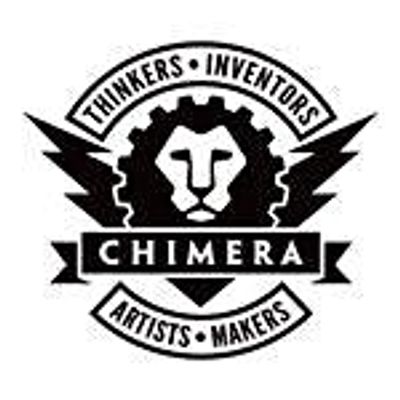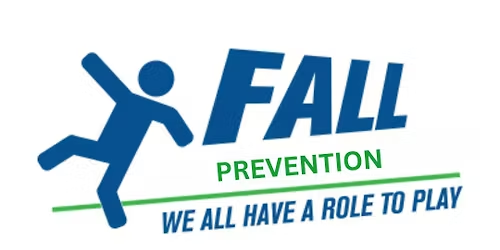
About this Event
This class is for folks who have good experience with electronics and programming. Students will get hands on experience with the Arduino Uno and build a few projects. For students with less exposure to programming or electronics, we recommend the Arduino 101 class. If you have an idea for a project, we can get you started making that a reality as well.
1. Introduction to Arduino
- What is Arduino?: Overview of Arduino as an open-source electronics platform based on easy-to-use hardware and software.
- History and Applications: Brief history of Arduino and common applications in DIY projects, robotics, home automation, and education.
2. Arduino Hardware
- Board Components: Detailed look at the components of an Arduino board (e.g., microcontroller, digital and analog pins, power supply, USB interface).
- Different Arduino Boards: Introduction to various Arduino models like Uno, Mega, Nano, and their specific features and use cases.
3. Arduino Software (IDE)
- Installing the Arduino IDE: Step-by-step guide to downloading and installing the Arduino Integrated Development Environment (IDE) on different operating systems.
- Overview of the IDE: Explanation of the IDE interface, including menus, toolbars, and the sketch editor.
4. Working with Arduino
- Writing and Uploading Your First Sketch: A simple "Hello, World!" project, usually the Blink sketch to make an LED blink.
- Serial Communication: Using the Serial Monitor to send and receive data between the Arduino and a computer.
5. Basic Projects
- Digital I/O: Controlling LEDs, buttons, and other digital components.
- Analog I/O: Reading from analog sensors like potentiometers, temperature sensors, and using PWM to control things like LED brightness and motor speed.
- Sensors and Actuators: Introduction to using different sensors (e.g., temperature, light, distance) and actuators (e.g., motors, servos).
6. Troubleshooting and Debugging
- Common Issues: How to troubleshoot common problems such as connection issues, code errors, and hardware malfunctions.
- Debugging Techniques: Using the Serial Monitor and other tools to debug sketches.
7. More Projects
- Using an Arduino to control devices that require more power than the Arduino can provide. For instance: solenoids, servos, motors and lighting. For the final build, you'll combine digital and PWM outputs, analog inputs and sensors to create a fun interactive project.
Materials Used in Class (provided)
- Arduino Kit: Includes an Arduino board, breadboard, jumper wires, LEDs, resistors, sensors, and other basic components.
- Computer: For running the Arduino IDE and uploading sketches to the Arduino board.
- Additional Tools: Multimeter, soldering iron, and other prototyping tools.
The class is designed to give students a solid foundation in both the hardware and software aspects of Arduino microcontrollers, equipping them with the skills to start their own projects.
To get the most out of the class, we recommend reviewing these items prior to the session.
Instructor
Joe Szuecs (pronounced SOOCH) has worked as an electrical engineer and software developer for more years than he'd like to admit. He's built many Arduino based projects over the years. These include a drawing robot, a remote controlled percussion unit, equipment access systems and more.
Jim Wheaton is runs Harmonic Systems, Inc. (www.harmonicsystems.net), a consulting company doing work in the music/audio/lighting world. He has extensive experience programming in C and C++ and other languages, and has done a lot of projects using the Arduino platform. Hooking up LEDs and solenoids as outputs, and using heat, light, and sound as inputs, the Arduino platform is very easy to get something going pretty quickly. More advanced programming topics, like 3rd party libraries and using interrupts can be useful for fast prototyping and real-world applications.
Questions? [email protected]
Event Venue & Nearby Stays
Chimera Arts and Maker Space, 6791 Sebastopol Avenue, Sebastopol, United States
USD 103.22









